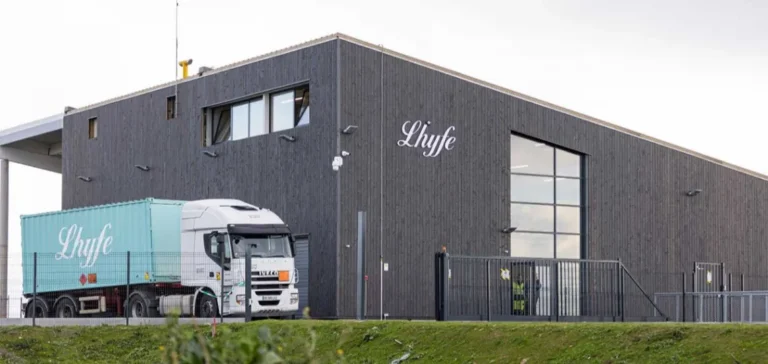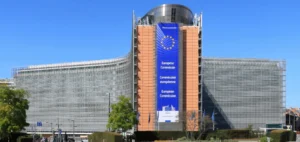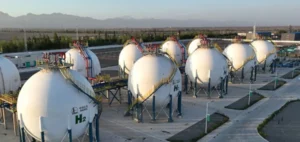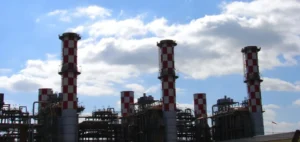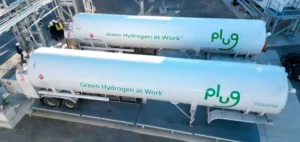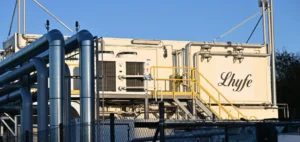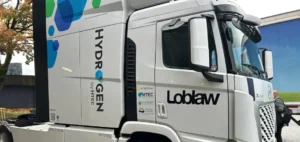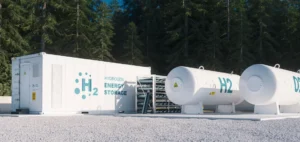Lhyfe has obtained RFNBO certification (Renewable Fuel of Non-Biological Origin) for three additional sites in France and Germany, becoming the leading European producer of RFNBO hydrogen by water electrolysis in terms of installed capacity. These new certifications bring to four the total number of RFNBO-certified sites operated by the company, for a combined installed capacity of 21 MW and a maximum output estimated at 8.3 tonnes of hydrogen per day.
Certified industrial roll-out across France and Germany
The facilities concerned are located in Bouin (1 MW), Buléon (5 MW), Bessières (5 MW) and Schwäbisch Gmünd (10 MW). The Schwäbisch Gmünd site, in Baden-Württemberg, is currently Lhyfe’s largest production site and the second-largest RFNBO hydrogen site in Germany. Certification of these four facilities also positions Lhyfe as the only RFNBO-certified producer in France.
An extensive logistical and territorial network
Lhyfe has structured its industrial model around a strategic geographical distribution of its production units, primarily intended for bulk delivery via a fleet of nearly 70 containers. This network helps optimise delivery distances while meeting localised needs of industrial and mobility clients. RFNBO certification across all sites makes it possible to embed traceability directly into the certificates provided to customers, facilitating their eligibility for national and European support mechanisms.
A compliance tool and certifying partners
The company relied on specialist partners to secure the certification process. The Atmen platform provides compliance automation and ensures a high level of traceability. The CertifHy EU RFNBO Scheme, validated by the European Commission, was used to certify the facilities, with support from Tüv Süd, an organisation authorised to issue this type of certification.
Diversified applications for RFNBO hydrogen
The certified sites supply hydrogen for a range of industrial and transport uses, and are also used for trials in underground storage, combustion and mobile equipment. This flexibility in distribution strengthens Lhyfe’s market presence and its ability to address varied segments.


